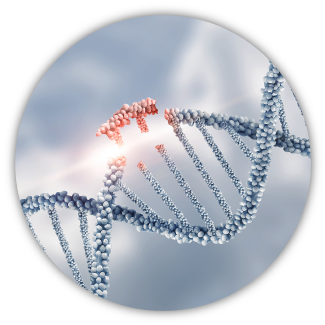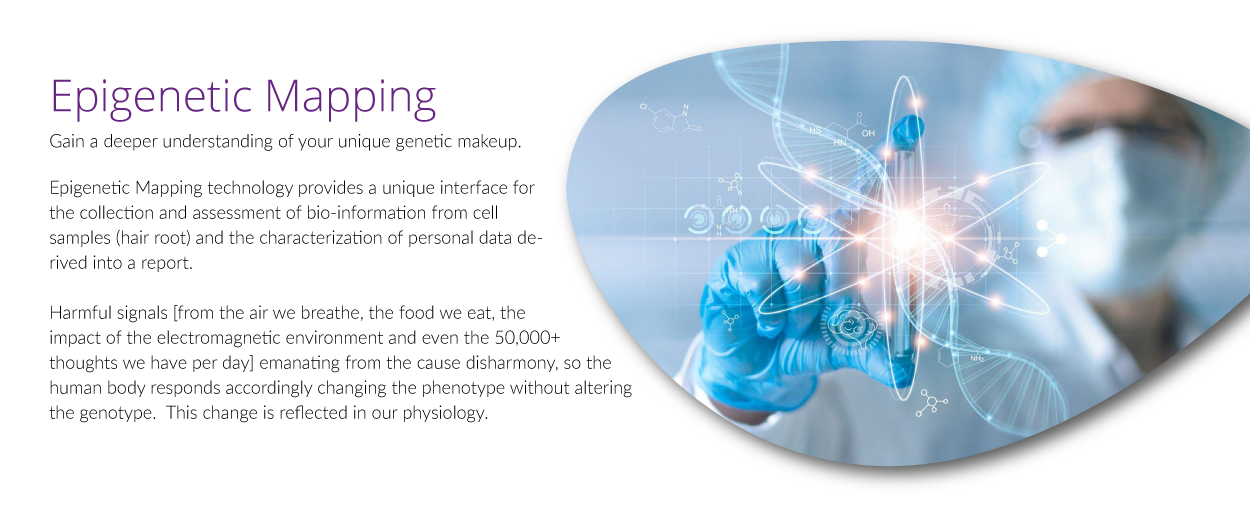What's It All About?
The term "epigenetic" refers to the study of heritable changes in gene expression or cellular phenotype that occur without alterations to the underlying DNA sequence. Epigenetics explores the modifications and mechanisms that can influence how genes are turned on or off, ultimately affecting how cells function and develop.
Epigenetic modifications involve chemical tags or marks that attach to the DNA molecule or its associated proteins, such as histones. These modifications can include DNA methylation, histone modifications (e.g., acetylation, methylation, phosphorylation), and non-coding RNA molecules that can impact gene expression patterns.
Importantly, epigenetic changes are reversible and can be influenced by various environmental factors, such as diet, lifestyle, stress, and exposure to toxins. They can also occur during key developmental stages or in response to specific signals within the body.
Understanding epigenetics has significant implications for our understanding of human biology, health, and disease. It helps explain how different cells in our bodies can have distinct functions despite sharing the same DNA, and how external factors can influence gene expression and contribute to disease susceptibility or progression. Epigenetic research offers insights into mechanisms underlying aging, cancer, neurological disorders, and other complex conditions, and holds potential for the development of personalized medicine approaches.

Epigenetic mapping can provide insights into how your genes are regulated and expressed, offering a deeper understanding of your unique genetic makeup.

Epigenetic mapping can contribute to precision medicine approaches, enabling more accurate disease diagnoses and customized treatment plans based on individual epigenetic variations.

It may assist in identifying potential targets for therapeutic interventions, guiding the development of novel treatments tailored to your specific epigenetic profile.
